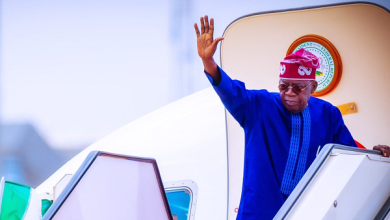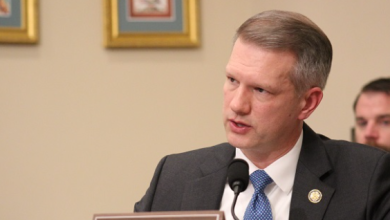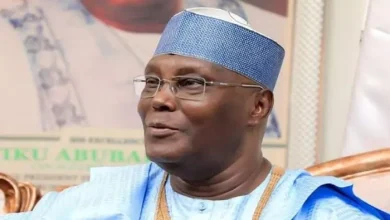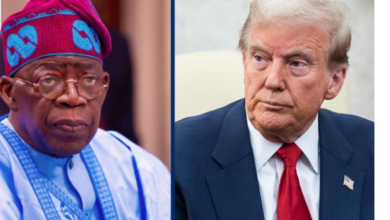Insecurity, democratic crises threaten West African integration, ECOWAS president warns

The Economic Community of West African States (ECOWAS) is facing unprecedented security and democratic challenges that could undermine its regional integration agenda, the Commission’s President, Dr. Omar Touray, has warned.
Speaking at the African Public Square (APS) Second Continental Edition Conference in Abuja on Friday, Dr. Touray highlighted the dual crises of insecurity and democratic instability as major threats to the sub-region’s cohesion.
The conference, themed “Future Proofing Regional Integration in Africa: ECOWAS @50”, convened policymakers, academics, and leaders to explore strategies for strengthening regional cooperation amid growing political, economic, and security challenges.
Represented at the event by Ambassador Abdel-Fatau Musah, ECOWAS Commissioner for Political Affairs, Peace and Security, Touray said the Commission had initiated a series of introspective consultations to reevaluate its integration framework.
“This is a citizen-led process,” he said. “The outcome of all deliberations will culminate in a draft pact that will chart ECOWAS’ course for the next 15 years.”
Touray described the current situation as a “crisis of security” and a “crisis of democracy” in West Africa.
He noted the region’s struggle with terrorism, violent conflicts, and governance deficits, warning that political exclusion in member states was eroding democratic norms and, in some cases, prompting withdrawals from the bloc.
“The world is entering what I term a ‘warm war’ era, a period of global realignment and strategic rivalry,” he said. “West Africa must make deliberate choices to safeguard its collective interests.”
Also speaking at the conference, Dr. Kayode Fayemi, former Governor of Ekiti State and co-founder of the Amandla Institute, argued that governance failures rather than insurgency alone, were driving insecurity across West Africa. Corruption, weak institutions, and exclusionary politics, he said, have undermined public trust and destabilized the region.
“What we face is not just a security deficit; it’s a governance deficit. Until we rebuild trust between leaders and citizens, insecurity will remain our daily reality,” Fayemi said.
Fayemi cautioned that military interventions and coups, though sometimes intended to restore order, fail to address the underlying causes of instability, such as inequality, unemployment, and poverty.
He urged ECOWAS to prioritize people-centered reforms and a security strategy based on justice, accountability, and inclusion.
“Genuine stability will only emerge when citizens see democracy working for them, not against them,” he added, urging the bloc to move beyond elite-driven governance toward structures that genuinely reflect the interests of youth, women, and the broader populace.
Speakers at the conference emphasized that West Africa’s future depends on inclusive, citizen-led regional integration.
Godwin Murunga, Executive Secretary of the Council for the Development of Social Science Research in Africa (CODESRIA), called for a shift away from state-centric models.
Funmi Olonisakin, Vice President of International Engagement at King’s College London, stressed the importance of engaging West Africa’s youthful population with an average age of 18 as a source of both challenge and potential.
The APS platform, convened by the Amandla Institute and the African Leadership Centre, continues to serve as a forum for public intellectuals to debate Africa’s peace, security, and development priorities.
As ECOWAS marks its Golden Jubilee, the conference provided a timely opportunity for reflection on how the bloc can remain relevant in the face of contemporary challenges.
While acknowledging ECOWAS’ historic achievements in conflict resolution and democratic interventions in Liberia, Sierra Leone, Côte d’Ivoire, the Gambia, and Guinea-Bissau, Dr. Fayemi warned that overreliance on donor funding and stalled reforms threaten the organization’s long-term effectiveness.
“ECOWAS must evolve from an elite-driven community of rulers to a people-centered organization,” he said. “The future of regional integration lies in inclusivity, good governance, and genuine citizen engagement.”



